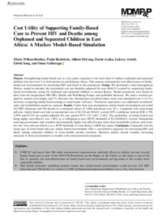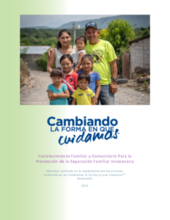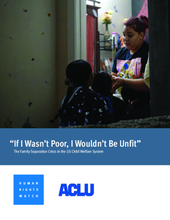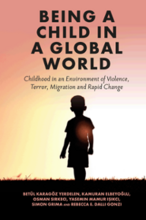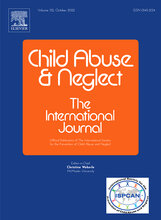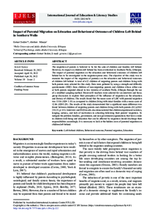Displaying 31 - 40 of 198
This analysis estimated the cost-effectiveness of family-based care environments for preventing HIV and death among orphaned and separated children in sub-Saharan Africa.
This video by the Alliance for for Child Protection in Humanitarian Action details the three levels of prevention in child protection in humanitarian action.
Este documento se basa en la experiencia de Cambiando la Forma en Que Cuidamos (o sus siglas en inglés, CTWWC) Guatemala en procesos de fortalecimiento familiar y comunitario en un área específica de intervención.
This Human Rights Watch report examines removals of children and termination of parental rights by state child welfare systems in the U.S., focusing primarily on four states: California, New York, Oklahoma, and West Virginia.
In this video, Changing the Way We Care (CTWWC) speaks to Catholic audiences in the U.S. and around the world who have supported children in residential care facilities – sometimes referred to as “orphanages” - about the importance of supporting children to stay with their families or be reintegrated from residential care into family care.
This study aims to provide an overview of the world's children who lack parental care in the light of the theoretical background and the latest research.
This U.S.-based study details the prevalence of youth at the intersection of parental incarceration and foster care, their demographic characteristics, and heterogeneity in their mental health.
This is a recording of the first session in a webinar series celebrating the launch of of a themed issue of Global Childhood Studies journal (Volume.2; Issue.1). This first webinar focuses on Responding to varied experiences of childhood separation.
The migration of parents is believed to be for the sake of children and families left behind. However, its impact on children left behind has been overlooked in Southern Wollo, Ethioipia. The impact of parental migration on the education and behavioral outcomes of children left behind has to be investigated in the migration-prone area. The objective of this study was to examine the impact of the migration of parent(s) on the education and behavioral outcomes of children left behind.
This article explores the role resilience processes play in education and well-being outcomes for street-connected children. It draws on research and practice undertaken as part of the Building with Bamboo Programme (BwB) on resilience. BwB investigated the forms a resilience-based approach might usefully take in practice, the effect this has on promoting resilience in children, and how this resilience leads to improved outcomes in their lives.

